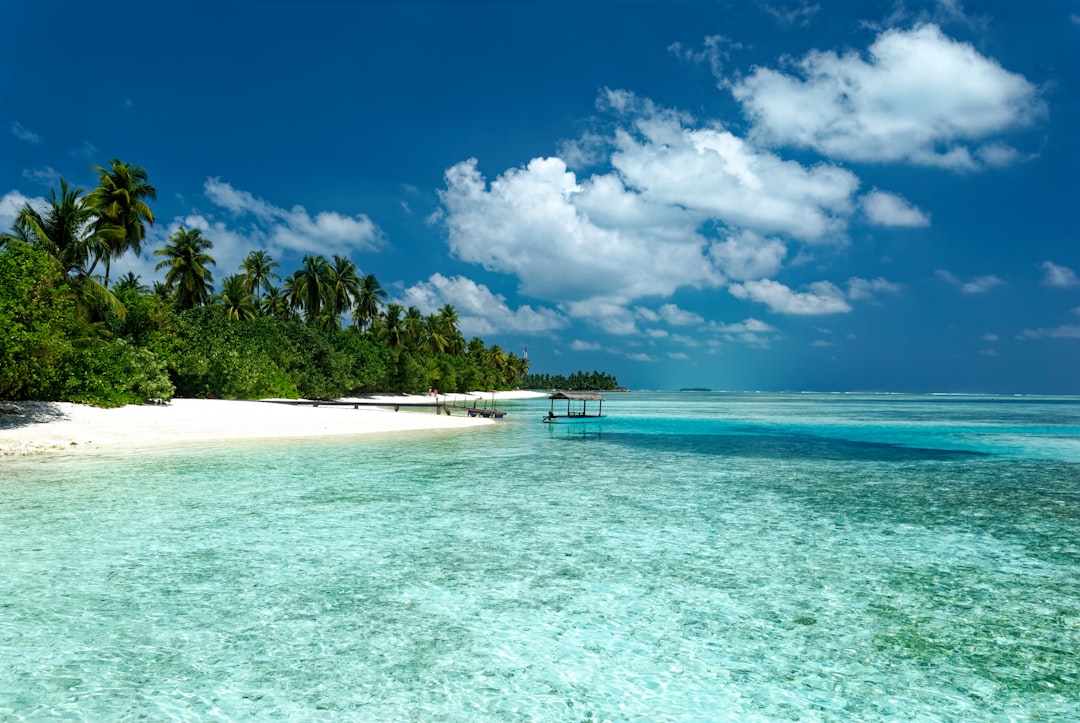Why Mauritius? The Overlooked Advantage for Perpetual Travelers
Nestled in the Indian Ocean east of Madagascar, Mauritius is more than just a tropical paradise. It's one of Africa's wealthiest and most stable nations, boasting low corruption, a strong economy, and a multicultural society where English is the language of business. Its high ranking on freedom indices and human development scores makes it a solid, reputable place to live and operate a business—not just a paper residency.
With excellent global flight connections and a diverse landscape that goes beyond beaches to cool, high-altitude regions, it offers a lifestyle that can compete with the best in the world. For digital nomads, this means having a secure, comfortable, and well-connected home base to operate from.
The Mauritius Tax System Explained: A Deep Dive for Nomads
The Mauritian tax system is where things get truly interesting for entrepreneurs. It's built on principles that are highly favorable to international business and investment.
The Non-Dom System: Tax-Free Foreign Income
Mauritius operates a 'non-domiciled' (non-dom) or remittance-based tax system, a concept derived from English Common Law. In simple terms:
Your foreign-source income is 100% tax-free as long as you do not bring it into Mauritius.
Income is only taxed when it is "remitted" or "utilized domestically." This includes money transferred to a Mauritian bank account, cash withdrawals from local ATMs, or payments made in Mauritius with a foreign credit card.
This allows you to keep your international earnings and investments completely tax-free while only paying tax on the money you need for your local lifestyle. You should declare an income that realistically matches your living expenses, which is then taxed at a flat 15%.
Key Tax Benefits at a Glance
Capital Gains Tax: 100% tax-free. This makes Mauritius a paradise for crypto and stock traders. All profits from selling assets are yours to keep.
Income Tax: A flat 15% rate on domestic income and any foreign income you remit to Mauritius.
Tax-Free Allowance: A generous personal allowance reduces your taxable income (approx. €7,000 for a single person).
Inheritance & Gift Tax: There is no inheritance or gift tax.
Tax Residency Rule: You become a tax resident by spending 183 days in the country in a year. Alternatively, a stay of 270 days over three years is sufficient to secure a tax certificate, which is vital for accessing Mauritius's excellent network of Double Taxation Agreements (DTAs).
Company Formation for Entrepreneurs: The GBC Advantage
Setting up a company in Mauritius is the cornerstone of its appeal for digital nomads. The structure you choose depends on whether you plan to become a resident.
Global Business Company 1 (GBC1): The 3% Tax Powerhouse
The GBC1 is the ideal structure for entrepreneurs who want to move to Mauritius and run their business from there. It's an onshore company that unlocks incredible tax benefits:
Low Corporate Tax: While the headline rate is 15%, foreign-source income effectively receives an 80% tax credit, bringing the real corporate tax rate down to just 3%.
Tax-Free Dividends: Dividends paid from a GBC1 to a resident shareholder are not taxed.
The 3% Total Tax Burden: This combination means your global business profits are taxed at 3% at the corporate level, and you can then pay those profits to yourself as a resident without any further tax. It's one of the lowest and most reputable tax setups in the world.
Reputation and Banking: A GBC1 is a resident company with substance (requiring two resident directors), giving it a high degree of credibility and access to Mauritius's extensive DTA network.
Global Business Company 2 (GBC2): The Classic Offshore Option
For those who don't plan to reside in Mauritius but need a reputable offshore company, the GBC2 is a perfect fit. It's a classic tax-free entity with some unique advantages:
Zero Tax: Completely tax-free with no accounting submission requirements.
High Reputation: Mauritius is on the OECD white list, making a GBC2 more respected than companies from typical Caribbean jurisdictions. It's even approved by Amazon for FBA sales.
European Banking (IBAN): Mauritian banks offer IBANs, simplifying payments with Europe significantly. Remote bank account opening is straightforward.
How to Get Residency in Mauritius: Your Path to Paradise
Mauritius actively encourages qualified individuals to become residents. After three years of residency (with a minimum stay of just three months per year), you can apply for lifelong permanent residency.
Here are the primary pathways:
The Entrepreneur Permit: This is the most popular route for digital nomads. It requires an initial investment of $35,000 USD into your GBC1 company and meeting modest profit targets.
The Professional (Employee) Permit: If you secure a job offer with a monthly salary of at least €2,000, you qualify. For IT and tech professionals, this threshold is halved to just €1,000/month.
The Investor Permit: For those with more capital, an investment starting from $100,000 USD can grant an investor visa.
The Retiree Permit: For individuals aged 50 and over, transferring $40,000 USD annually to Mauritius for three years secures residency.
Permanent Residency and Citizenship
After just 3 years, you can obtain permanent residency. After 7 years of residency, you can apply for a Mauritian passport. The Mauritian passport is highly valuable, ranking 28th globally and offering visa-free access to 145 countries, including the Schengen Area, the UK, and Russia. Mauritius accepts dual citizenship, making it a powerful tool for enhancing your travel freedom.































